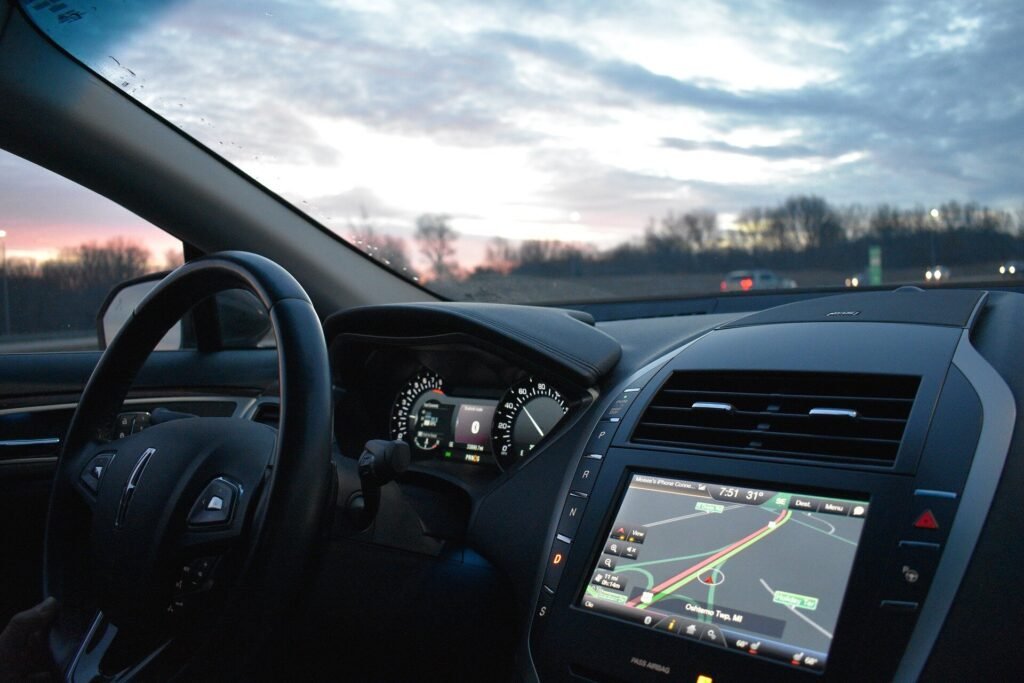GPS technology has been found to empower older adults to be more adventurous on the road, according to a recent study published in the open-access journal PLOS Digital Health by Sol Morrissey and colleagues from the University of East Anglia.
Driving is the preferred transportation method for older adults, but age-related cognitive decline can often limit the time they spend behind the wheel. Enhancing the mobility of older drivers is crucial for improving their physical, social, and cognitive well-being.
The study revealed that electronic navigation systems, such as GPS, are becoming increasingly popular among older adults, who view them as safe and user-friendly tools. However, the research aimed to investigate how these technologies interact with driving behaviors.
Morrissey and his team conducted a survey involving 895 drivers with an average age of 71. The participants were regular drivers over the age of 65, excluding those with significant untreated impairments and high alcohol consumption. They self-reported their driving habits, underwent cognitive assessments, and completed questionnaires to evaluate their wayfinding abilities.
More than 80% of the participants reported using navigational assistance, with over half using GPS for some trips, more than 70% using it for entire journeys, and less than 3% using it for every trip. Interestingly, individuals with poor objective wayfinding abilities who used GPS reported greater driving mobility compared to those who did not use GPS. Moreover, participants who self-reported having a poor sense of direction relied more heavily on GPS while driving.
The researchers suggested integrating navigational assistance into strategies aimed at promoting older adults’ driving independence. They also recommended further studies to explore country-specific and cultural variations, differences among navigational systems, and the impact of passengers or copilots on driving behaviors.
In conclusion, the study highlighted the importance of supporting older adults in utilizing GPS navigation tools to maintain their driving independence. As driving plays a vital role in the quality of life and well-being of older individuals, leveraging GPS technology can help them stay mobile and active on the road.
For more information, you can access the full study in PLOS Digital Health (DOI: 10.1371/journal.pdig.0000768).
This article was originally published on MedicalXpress on April 3, 2025, and is subject to copyright. Please seek permission before reproducing any part of the content for private study or research purposes.


